A role for transposable elements deregulation in T cell ageing and immunosenescence?
 We emit the hypothesis that the deregulations of the epigenetic pathways observed in elderly individuals perturb transposable elements cis-regulatory activity in T cell, and have therefore a causal role in immunosenescence. Our work should allow the identification of new molecular targets which could be manipulated to restore protective immune response in the elderly.
We emit the hypothesis that the deregulations of the epigenetic pathways observed in elderly individuals perturb transposable elements cis-regulatory activity in T cell, and have therefore a causal role in immunosenescence. Our work should allow the identification of new molecular targets which could be manipulated to restore protective immune response in the elderly.
Role of prominin 2 as biomarker of cardiac aging
 Recently, performing RNA sequencing experiments in cardiomyocytes, we found a strong correlation between Prom 2 expression and aging in cardiac atria of patients. Prom 2 can be found in exosomes. In the framework of the INSPIRE project, we will quantify free and exosome−associated Prom2 in plasma from human and animal cohorts. Our goal will be to determine the potential role of Prom2 as biomarker of cardiac accelerated aging/failure.
Recently, performing RNA sequencing experiments in cardiomyocytes, we found a strong correlation between Prom 2 expression and aging in cardiac atria of patients. Prom 2 can be found in exosomes. In the framework of the INSPIRE project, we will quantify free and exosome−associated Prom2 in plasma from human and animal cohorts. Our goal will be to determine the potential role of Prom2 as biomarker of cardiac accelerated aging/failure.
Principal investigator of this study: Jeanne Mialet-Perez – jeanne.perez@inserm.fr
Effects of Time Restricted Feeding and senolytics on the onset of frailty
 The overall objective of this project is to determine whether TRF could prevent or slow down the accumulation of senescent cells and the onset of age-related multi-organ disorders, compared to senolytic agents, in both males and females. The comparison between TRF and senolytic treatment will allow to assess their respective effects and to identify potential complementarities, which could be relevant to humans.
The overall objective of this project is to determine whether TRF could prevent or slow down the accumulation of senescent cells and the onset of age-related multi-organ disorders, compared to senolytic agents, in both males and females. The comparison between TRF and senolytic treatment will allow to assess their respective effects and to identify potential complementarities, which could be relevant to humans.
Responsable de ce projet de recherche: Anaïs Briot – anais.briot@inserm.fr
Prevention of multi-organ premature aging through mitochondria-targeted strategies
 In this project, the prospective benefits of mitochondria-targeted nutritional strategies will be assessed to prevent multi-organ premature aging.
In this project, the prospective benefits of mitochondria-targeted nutritional strategies will be assessed to prevent multi-organ premature aging.

